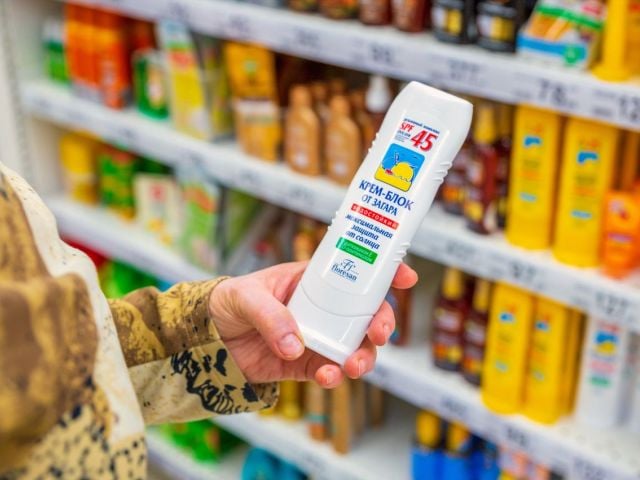WASHINGTON – A group of top legal scholars, law professors and public interest lawyers with years of collective experience in public health law, including state and federal toxics policy, today took issue with the industry-backed legislation filed last week by Sens. Tom Udall, D-N.M, and David Vitter, R-La., to update the federal chemicals safety law.
In a letter to Sens. James Inhofe, R-Okla., and Barbara Boxer, D-Calif., the chairman and ranking member respectively of the Senate Environment and Public Works Committee, the legal experts specifically took issue with the bill’s weak safety standard, which would largely leave in place the current and woefully inadequate rule:
“We write to express serious reservations with a proposal before your committee to reform the Toxic Substances Control Act (TSCA), which essentially preserves the same inadequate ‘safety standard’ used in current law… To ensure that this Congress’s TSCA reform efforts produce a statute that is better than the status quo, any legislative fix must use the truly health-protective safety standard, ‘reasonable certainty of no harm’.”
The Udall-Vitter proposal would allow on the market any chemical that poses “no unreasonable risk of harm,” rather than requiring it to meet the far more health-protective standard of “reasonable certainty of no harm,” which is required for pesticides used on produce and chemicals used in food. The Udall-Vitter measure would also require EPA to consider the economic costs to the industry if a toxic substance were to be restricted or phased out.
“Under the Udall-Vitter proposal, chemicals likely to cause harm to human health and the environment will have the law on their side, giving industry the upper hand when EPA seeks to ban or restrict their use,” said Thomas Cluderay, general counsel at Environmental Working Group and a signer of the letter.








